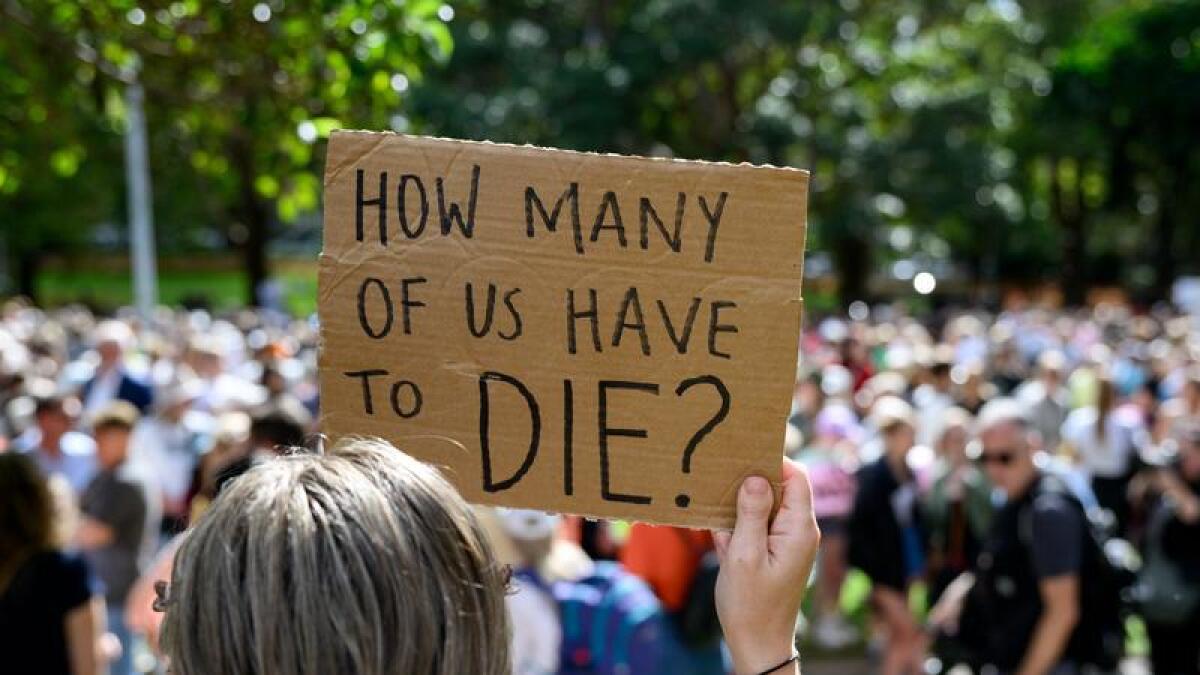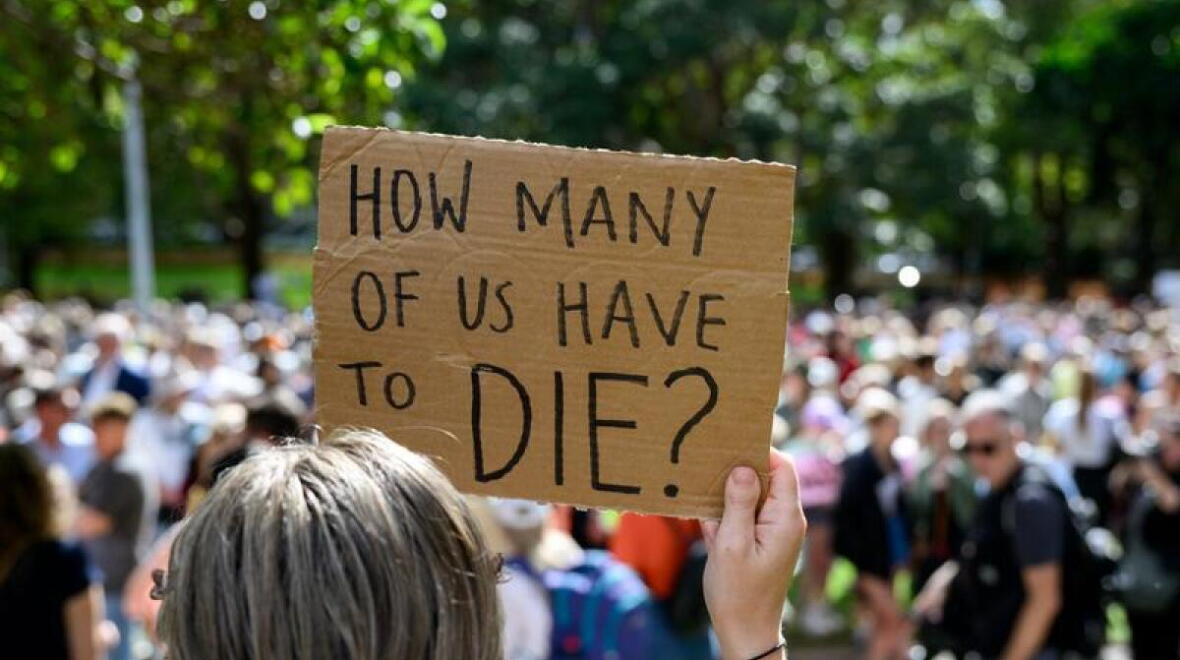Finally, it is election week and Australian’s will vote this Saturday, 3 May. As the election campaign draws to a close, at least seven women have been killed in the last week, allegedly by men.
The first four weeks of the campaign the issues of family and domestic violence ‘lacked attention’, from the major parties. Now, with a week to go we have finally seen announcements from Labor and the Coalition.
As Australians start to vote early in the lead up to election day, where is women’s safety on the agenda?
What have the major parties promised?
Labor’s policy promises focus on their existing commitments, ‘backed by more than $4 billion for women’s safety initiatives’, and acknowledges there is ‘much more to do’. Alongside a commitment of $8.6 million to boost innovative perpetrator responses, Labor will focus on financial abuse taking steps to:
- prevent perpetrators from using the tax and corporate systems to create debts
- look at making perpetrators liable for social security debts incurred by a victim-survivor due to coercion or financial abuse
- look at how we can stop perpetrators of domestic and family violence from receiving their victim’s superannuation after death.
If elected, the Coalition has promised to:
- implement a National Domestic Violence Register, to share information and better manage risk and avoid future offending.
- take strong action against perpetrators through specialist early and behavioural intervention programs and tougher monitoring measures.
- establish new domestic violence offences with tough bail laws.
- expand the Safe Places Emergency Accommodation Program
- support community organisations to deliver domestic violence awareness training.
- launch a Royal Commission into Sexual Abuse in Indigenous communities
- strengthen Commonwealth taxation, welfare and superannuation systems where practicable to eradicate financial abuse.
- fully fund the National Plan to End Violence Against Women and Children with $12 billion over 12 years.
- increase funding for recovery services and raise the Escaping Violence Payment
- establish a mandatory code of conduct for dating apps to make them safer.
- expand the Staying Home Leaving Violence Program
- roll out a national Domestic Violence Disclosure Scheme
- invest in respectful relationship education and include consent training in initial teacher education.
- commission regular student safety surveys to track sexual violence and ensure accountability in universities.
- conduct an independent review of the higher education regulator, TEQSA, to improve campus safety.
- pilot restorative justice programs to better support survivors.
- improve access to victims’ compensation schemes and research the systemic patterns of violence against women.
What is the community asking for?
Fair Agenda is a gender equality campaign organisation advocating for women’s safety this election. They have worked with peak bodies and policy experts to outline commitments for candidates for a fair and gender equal future, including domestic violence.
All candidates were asked to support:
- urgent increased federal investment in Aboriginal and Torres Strait Islander community-led and place-based services to increase their capacity to prevent and respond to violence against women and children
- increased ongoing and sustainable funding for all specialist family, domestic and sexual violence services across the country for the period of the National Plan to End Violence Against Women and Children.
- the introduction of a visa pathway to enable women on temporary visas who are experiencing domestic or family violence to immediately access support and services.
- increasing federal funding for specialist Women’s Legal Services, community legal centres, and Family Violence Prevention Legal Services to meet demand from victim-survivors of gendered violence.
- funding a disability-led gender-based violence working group to guide the implementation of the National Plan to End Violence Against Women and Children.
As of 27 April 2025, of the 855 lower house and senate candidates, 277 have fully committed to Fair Agenda election campaign.
Kate Fitzgibbon and Dr Hayley Boxall wrote last week, ‘regardless of who forms government – whether majority or minority – it’s imperative domestic, family and sexual violence remains front and centre in national policymaking. This is not an issue that can wait for the “right time” or for conditions to be more favourable. Women’s and children’s lives depend on it.’
Community advocacy has always been the backbone of family, domestic and sexual violence policymaking. No matter the outcome this weekend we must be ready to hold the new government to account and keep women’s safety on the political agenda.
Hannah Fearnside is a lawyer and Master of Public Policy student at ANU. She runs @lippy_agenda a women’s safety accountability project that aims to platform family, domestic and sexual violence advocacy asks, monitors campaign promises for women’s safety and keep the next parliament accountable.
Contact
Hannah Fearnside
Politics & international affairs, The workplace & working lives


